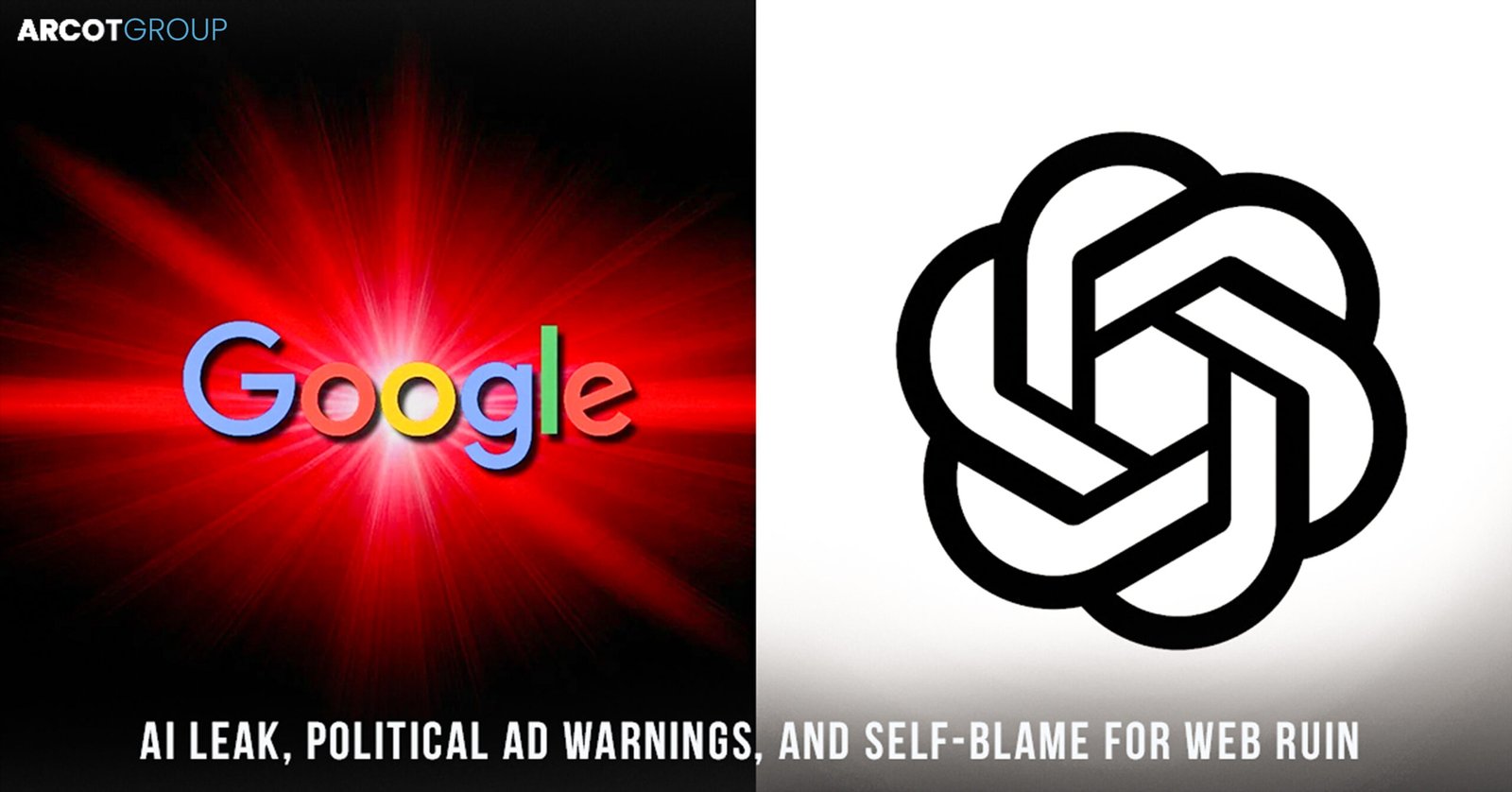Introduction: Why Privacy Matters in Business
In today’s digital age, privacy has become a paramount concern for businesses of all sizes. As data breaches and privacy scandals continue to make headlines, organizations are realizing that safeguarding sensitive information isn’t just a legal requirement—it’s a crucial aspect of maintaining a strong reputation and building trust with customers. In this comprehensive guide, we’ll delve into the reasons why privacy is a business imperative and how enhancing data protection can bolster your organization’s reputation.
Section 1: The Link Between Privacy and Trust
One of the most significant advantages of prioritizing privacy in business is the trust it builds with customers. When organizations take proactive steps to protect customer data, it demonstrates a commitment to their security. This foundation of trust can lead to increased customer loyalty, repeat business, and positive word-of-mouth referrals.
Section 2: Legal and Regulatory Considerations
The landscape of privacy regulations is evolving rapidly, with laws like the General Data Protection Regulation (GDPR) and the California Consumer Privacy Act (CCPA) setting new standards for data protection. Organizations that fail to comply with these regulations not only face hefty fines but also risk damaging their reputation in the eyes of customers who value their privacy rights.
Section 3: Safeguarding Customer Data
Implementing robust data protection measures, such as encryption and secure authentication protocols, is a fundamental step in safeguarding customer data. By doing so, businesses can mitigate the risk of data breaches and unauthorized access, earning the trust of customers who entrust them with their sensitive information.
Section 4: Transparent Data Handling Practices
Transparency is key to building trust with customers. Clearly communicating how their data will be collected, used, and protected helps establish an open relationship. When organizations demonstrate a commitment to transparent data handling, they showcase ethical practices that resonate positively with consumers.
Section 5: Training and Employee Awareness
Privacy isn’t just an IT concern—it’s an organizational effort. Training employees on data protection protocols and the importance of safeguarding customer information can prevent internal mishandling of data and strengthen the overall privacy posture of the organization.
Section 6: Privacy as a Competitive Advantage
Businesses that excel in privacy protection can turn it into a competitive advantage. Marketing your commitment to data security and privacy-conscious practices can attract customers who prioritize their personal information’s safety, potentially giving your organization an edge over less privacy-focused competitors.
Section 7: Building a Privacy-Centric Culture
Creating a culture that values privacy requires leadership commitment and engagement at all levels. When employees understand the importance of privacy and feel empowered to contribute to data protection efforts, the organization can cultivate a stronger reputation for ethical conduct.
Section 8: Navigating Data Breaches
Despite proactive efforts, data breaches can still occur. Being prepared to respond swiftly and transparently to breaches is essential. Organizations that handle breaches with integrity and take immediate steps to rectify the situation can demonstrate their commitment to customer trust and data protection.
Section 9: Privacy by Design
Implementing privacy from the outset of product and service development, known as “privacy by design,” showcases a proactive approach. This methodology ensures that privacy considerations are integrated into every aspect of the business, promoting responsible data handling.
Section 10: Communicating Privacy Efforts
Businesses should effectively communicate their privacy efforts to the public. Creating a dedicated privacy policy page on the website and using communication channels to educate customers about data protection practices can further enhance trust.
Section 11: Case Studies: Privacy Success Stories
Examining real-world examples of organizations that successfully prioritized privacy can offer valuable insights. Highlighting how these companies protected customer data and reaped the benefits in terms of reputation can serve as inspiration for others.
Conclusion: Elevate Your Reputation Through Privacy
In a digital landscape where data breaches can lead to severe reputation damage, privacy has become a non-negotiable business imperative. Prioritizing data protection not only helps businesses comply with regulations but also builds trust, fosters customer loyalty, and positions the organization as an ethical leader in the industry. By adopting a privacy-centric approach, businesses can enhance their reputation and contribute to a more secure digital ecosystem.
By focusing on these essential sections and using transition words, an active voice, and a compelling tone, this blog post provides valuable information about the importance of privacy in business, offering actionable insights for enhancing reputation and building trust.




